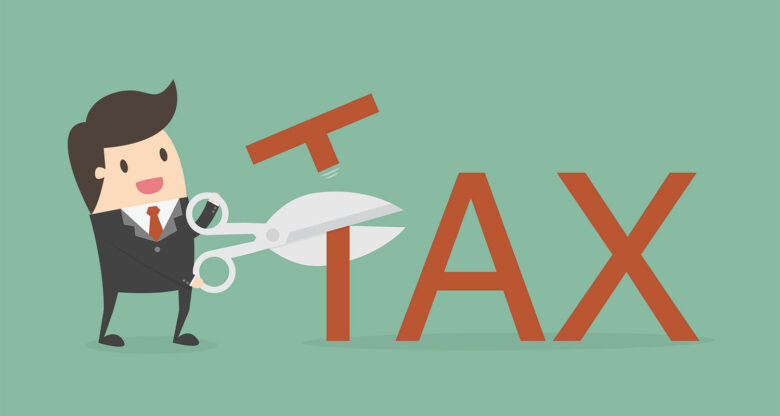Moving can be an exciting journey, marking the beginning of a new chapter in one’s life. However, it can also be accompanied by significant expenses that can quickly add up, turning what should be an exhilarating experience into a financial burden. In 2024, with the ever-changing economic landscape, finding ways to save money during a move has become more crucial than ever. This comprehensive guide aims to explore various budget-friendly strategies to help you navigate the moving process without breaking the bank.
Contents
Understanding Moving Costs
Before diving into cost-saving strategies, it’s essential to understand the different components that contribute to moving expenses, including the cost of Sydney removalists. Moving costs can vary widely based on several factors such as the distance of the move, the volume of items being moved, and the time of year. Additionally, there are often hidden costs that can surprise you if not accounted for, such as packing materials, insurance, and potential charges for heavy items or difficult access at your new home.

Source: freepik.com
Early Planning is Key
One of the most effective ways to save money on moving costs is by planning your move well in advance. Last-minute arrangements often lead to higher expenses due to the urgency and limited availability of relocation services. By planning ahead, you can compare quotes from multiple moving companies, choose the most cost-effective time to move, and avoid the premium prices charged during peak moving seasons.
Declutter and Downsize
The less you have to move, the cheaper your move will be. Take this opportunity to declutter your home and get rid of items you no longer need or use. Selling items through online marketplaces or garage sales can also provide extra funds to help cover the expenses. Additionally, donating items to charity not only helps those in need but may also provide you with tax deductions, further offsetting your moving costs.
Do-It-Yourself When Possible
Hiring a full-service moving company can be convenient, but it’s often the most expensive option. If you’re looking to save money, consider a DIY move. Renting a truck and enlisting the help of friends and family can significantly reduce your expenses. However, it’s important to weigh the pros and cons, as a DIY move requires more time and effort, and there are potential risks involved in handling heavy items without professional assistance.

Source: familymoving.com
Packing Smart
Packing materials can add a considerable amount to your moving expenses. To cut costs, look for free moving boxes at local stores or from friends and family who have recently moved. Use household items such as blankets, towels, and clothing to protect fragile items instead of purchasing bubble wrap and packing peanuts. Be mindful of how you pack; efficient packing can reduce the number of boxes and, consequently, the space required in the moving truck.
Choose the Right Moving Company
If you decide to hire a moving company, it’s crucial to do thorough research to ensure you’re getting the best deal. Obtain quotes from several companies and make sure to understand what is included in their services. Some companies may offer lower upfront costs but have hidden fees that can accumulate. Reading reviews and checking the company’s credentials can also prevent costly scams.
Off-Peak Timing
The timing of your move can significantly impact the cost. Moving during the off-peak season, typically from September to May, can result in lower prices due to decreased demand. Additionally, moving on a weekday instead of a weekend and avoiding the beginning and end of the month can also offer savings, as these are typically busier times for moving companies.

Source: pinterest.com
Shipping Options
For long-distance moves, consider the cost of shipping some of your belongings. In some cases, it may be cheaper to ship items via courier services, especially for items that are not bulky or heavy. This can also reduce the size of the moving truck required, leading to further savings.
Utility Planning
Another area where costs can add up is in setting up utilities at your new home. Some service providers charge fees for installation or transferring services. By organizing your utility setup in advance, you can avoid overlapping services and potentially negotiate better deals by comparing providers.
Insurance and Valuation Coverage
While it’s an additional cost upfront, investing in the right insurance or valuation coverage can save you money in the long run. Moving companies generally offer basic valuation coverage, but it may not be enough to cover the value of your belongings fully. Consider your options carefully and decide what level of protection you’re comfortable with, balancing the cost with the peace of mind it provides.

Source: kirtlandcu.org
Tax Deductions
If you’re moving for work-related reasons, you may be eligible for tax deductions related to your moving expenses. While tax laws can change, it’s worth investigating whether any of your moving costs can be deducted. Keep all receipts and records of your moving expenses, and consult a tax professional to understand your options.
The Role of Technology
In 2024, technology plays a significant role in reducing moving costs. Numerous apps and websites can help you compare moving company prices, sell unwanted items, and even plan your packing strategy. Leveraging these tools can not only save you money but also streamline the moving process.
After the Move
Finally, once the move is complete, there are still opportunities to save money. Assess your new living situation and look for ways to optimize your expenses. Whether it’s renegotiating your rent or mortgage, finding more affordable insurance, or reducing your utility bills, the post-move period is an excellent time to review your finances.

Source: moving.com
Conclusion
Moving doesn’t have to be an expensive ordeal. By adopting a strategic approach and utilizing the tips outlined in this guide, you can significantly reduce your moving costs without compromising on the quality or efficiency of the process. Remember, the key to a budget-friendly move lies in careful planning, resourcefulness, and the willingness to put in a bit of extra effort. With these strategies in hand, your 2024 move can be both exciting and economical.
